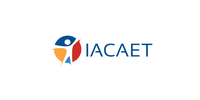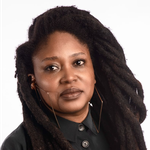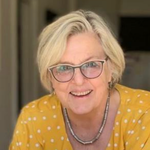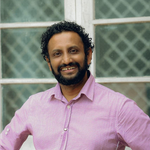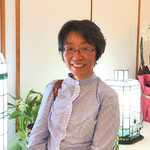Event Details
Date: April 3, 2022
Time: 7:00 AM - 8:30 AM New York / 2:00 PM - 3:30 PM Tel-Aviv / 7:00 PM - 8:30 PM Perth, Australia
Location: Zoom
Language: English
Apr 3, 2022
07:00 - 08:30 GMT-4
Summary
There are different names and definitions to research with the arts, whereas some relate to art as the means of investigation and others in which art is studied by other research means. This webinar inquires about the kind of knowledge art facilitates, the ethical value of artistic research and whether labeling the methods into pillars is in the service of research ontology. It presents four research methodologies that involve the arts: Performance as Research (PaR), Arts Informed Research (AIR), Art-based Research (ABR), and Artistic Research (AR) and concludes with an open discussion of presenters regarding the matter.
Webinar description
Patricia Leavy (2020) in her book Method Meets Art, compares the work of a qualitative researcher to that of an artist: "Both practices can be viewed as crafts" she says, for "they compose, orchestrate, and weave". The researcher, as the artist creates dynamically and holistically. They both involve description, reflection, problem solving, creatively and intuitively. The definitions of Arts-Based Research vary in literature. Some describe it as the vehicle through which the expressive qualities of an artistically crafted form can come to express meaning and significance (Barone and Eisner, 2008 in Cole & Knowles, 2008). Others, define it as the systematic use of the artistic process- the actual making of artistic expressions in all the different forms of the arts- as a primary way of understanding and examining experience by both researchers and the people they involve in their studies (McNiff, 2013).
Artistic research assumes the arts can create and convey meaning that includes various ways of knowing such as kinesthetic, sensory, and imaginary. These methodologies are therefore advantageous in research projects that seek to deeply explore, describe, discover, through an evocative, aesthetic means.
This global webinar is mainly concerned with the different names and definitions to research with art, whereas some relate to research 'in' art - being the modes of investigation and others that relate to research 'in relation to' the arts - in which art is studied by other research means. We will present four research methodologies that involve the arts: Performance as Research (PaR), Arts Informed Research (AIR), Art-based Research (ABR), and Artistic Research (AR).
Presenters will demonstrate the unique ways art was used in their research method:
1. Refiloe Lepere > Performance as Research and the aesthetic of care
2. Kath Grushka> Arts Informed Research of resilience with auto-immune patients
3. Sudesh Mantillake>Artistic Research of postcolonial bodily archive
4. Rumi Ito > Art-based Research of artistic expression and contemplative breathing
The webinar will conclude with an open discussion between the panel of presenters sharing their thoughts and ideas about the following questions:
· What is your definition of your research method?
· Are we doing a dis-service by labelling the methods into pillars?
· What kind of knowledge do the arts allow for?
· Is there an ethical value for artistic research? If so, what is it?
Curators
Dr. Michal Lev
Michal Lev, PhD, LCAT, CMFT is a board-certified art therapist, supervisor, and a certified family psychotherapist. She is a member of the executive committee and board of IACAET as well as the editorial board member of CAET. Within her role as Assistant Professor Tenure at the graduate art therapy program at Ono Academic College in Israel, she promotes art-based pedagogy and research with her students and advisees. She is a social activist, artist, and entrepreneur, who maintains artmaking for innovation, inquiry and knowledge. In her private practice for couples and families Dr. Lev incorporates expressive therapies to deal with intimacy issues and to promote wellbeing. Her published articles and book chapters focus on intimacy, art-based research, and creative-process-oriented pedagogy.
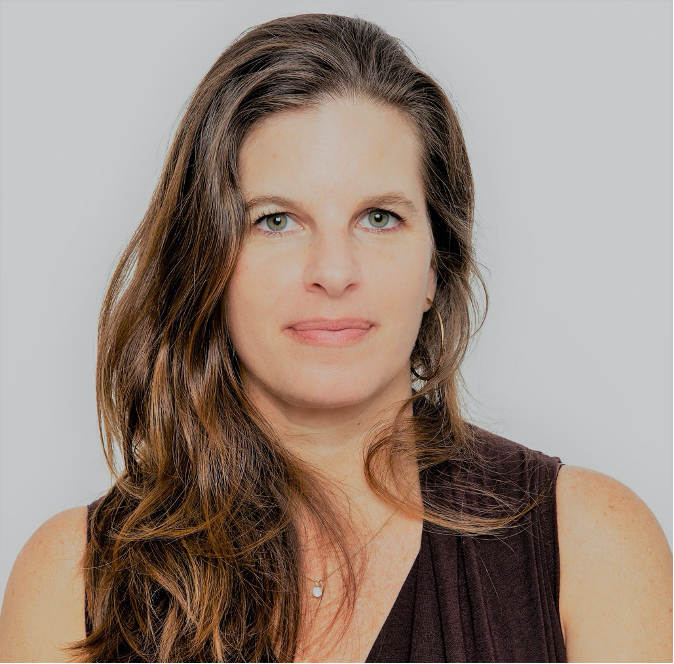
Dr. Hilda Wengrower
Hilda Wengrower, Ph.D., DMT teaches at the School for Society and Arts-Ono, Israel and internationally; supervises live and online. Member of the Senate of Doctors in the Univ. of Barcelona. Is co-editor with Sharon Chaiklin of The Art and Science of Dance Movement Therapy: Life is Dance, published In English, Spanish, Korean, Hebrew, German and Russian and their new book Dance and Creativity within Dance Movement Therapy. International perspectives has been published in Oct. 2020. She also co-edited the book Traditions in Transitions in the Arts Therapies. Papers and chapters authored by Hilda are released in multiplelanguages on subjects related to dance movement therapy. Hilda is chair of the research committee at IACAET.
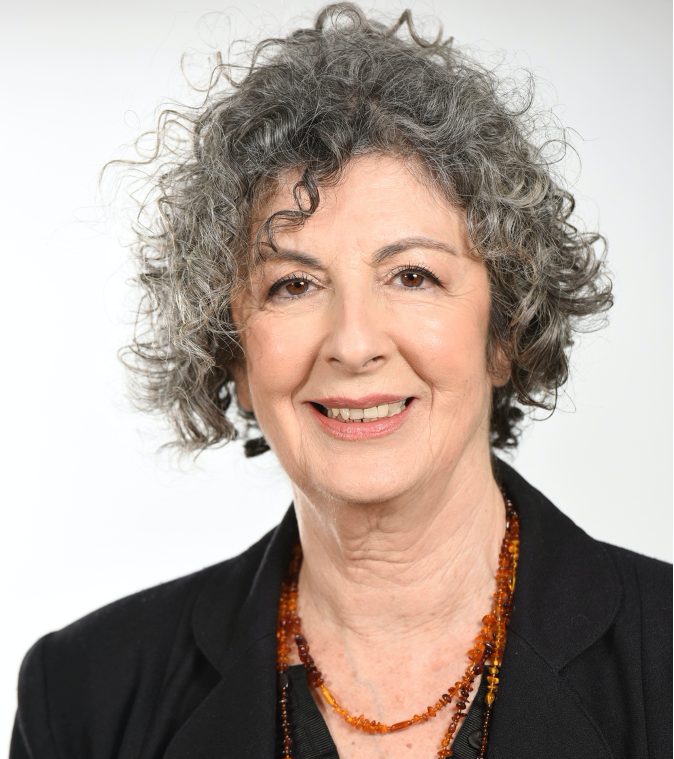
Attendees learning outcomes
1. Expanding the knowledge about art in/as/for research
2. Awareness of various research methods involving the arts
3. Understanding the epistemological and ethical values of artistic research methods

Tickets
- IACAET Membership Ticket
IACAET Registered Member Only
- Complimentary
- Standard Ticket
Non IACAET Member
- $18
